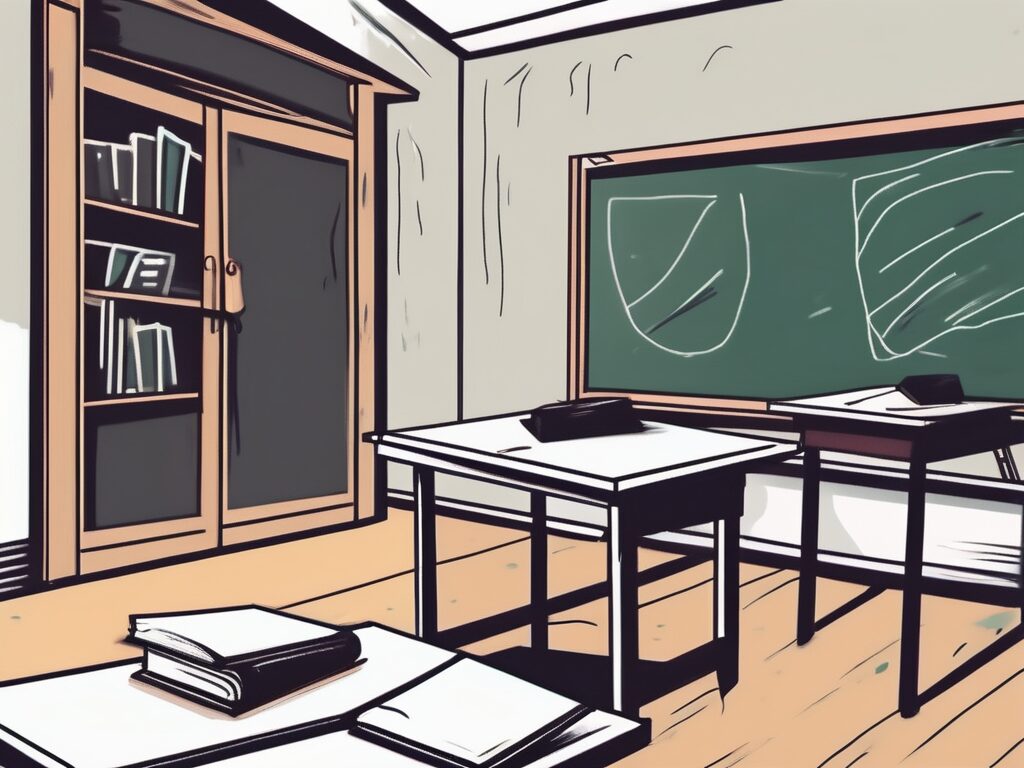Embarking on a Postgraduate Certificate in Education (PGCE) abroad is an exciting journey filled with opportunities for personal and professional growth. However, it also comes with its unique set of challenges. This is particularly true if you’re considering teaching in two culturally diverse countries like Thailand and Qatar. In this comprehensive guide, we’ll delve into the teaching challenges in these countries and provide four must-know comparisons to help you navigate your PGCE journey abroad.
Understanding the Educational Landscape
Thailand
Thailand’s education system is heavily influenced by its Buddhist heritage. Respect for teachers is deeply ingrained in the society, and the classroom environment is typically hierarchical. The Thai curriculum emphasises rote learning, with a strong focus on memorisation and repetition. This can pose a challenge for PGCE students accustomed to more interactive and student-centred teaching methods.
However, Thailand is also known for its warm hospitality and vibrant culture. As a teacher, you’ll have the opportunity to immerse yourself in this rich cultural tapestry, which can greatly enrich your teaching experience.
Qatar
Qatar, on the other hand, has a rapidly evolving education system. With its ambitious Qatar National Vision 2030, the country is striving to transform its education sector to foster a knowledge-based economy. This has led to a surge in demand for qualified teachers, making it an attractive destination for PGCE students.
However, the Qatari education system is still in its transitional phase, and you may encounter challenges such as language barriers and cultural differences. Understanding these nuances can help you adapt your teaching style to better meet the needs of your students.
Teaching Styles and Methodologies
Thailand
In Thailand, the traditional ‘chalk and talk’ method is still prevalent. Teachers are viewed as the primary source of knowledge, and students are expected to listen, absorb and repeat. This can be a stark contrast to the more participatory teaching styles often promoted in PGCE courses.
However, there’s a growing recognition of the need for more interactive teaching methods in Thailand. As a PGCE student, you can play a pivotal role in introducing these innovative teaching strategies in your classroom.
Qatar
Qatar’s education reform has led to a shift towards more student-centred teaching methods. The emphasis is on developing critical thinking and problem-solving skills. As a PGCE student in Qatar, you’ll have the opportunity to implement and experiment with these modern teaching methodologies.
However, it’s important to remember that these changes are relatively new, and you may face resistance from students and parents who are more accustomed to traditional teaching methods. Patience and perseverance will be key in overcoming these challenges.
Language and Communication
Thailand
English is not widely spoken in Thailand, especially in rural areas. This can pose a significant challenge for PGCE students. However, learning basic Thai phrases can go a long way in breaking down communication barriers and building rapport with your students.
Moreover, non-verbal communication plays a crucial role in Thai culture. Understanding these subtle cues can help you navigate the classroom dynamics more effectively.
Qatar
In Qatar, English is widely spoken, and most schools use English as the medium of instruction. This can make the transition easier for PGCE students. However, Arabic is the official language, and having a basic understanding of Arabic can be beneficial in connecting with your students and their parents.
Like Thailand, non-verbal communication is also important in Qatari culture. Paying attention to these cues can help you build stronger relationships with your students.
Cultural Sensitivity and Adaptability
Thailand
Thai culture is deeply rooted in Buddhism, and this is reflected in their respect for teachers. However, this respect also comes with high expectations. As a teacher, you’ll be expected to uphold the moral and ethical standards of the community.
Moreover, Thai people place great importance on maintaining harmony and avoiding conflict. As a PGCE student, understanding these cultural nuances can help you navigate any classroom conflicts more effectively.
Qatar
Qatari culture is heavily influenced by Islam, and this permeates all aspects of life, including education. As a teacher, you’ll need to respect these cultural norms, such as modest dress codes and prayer times.
Moreover, Qataris value personal relationships and face-to-face communication. Building strong relationships with your students and their parents can greatly enhance your teaching experience in Qatar.
In conclusion, teaching in Thailand and Qatar can be a rewarding and enriching experience. However, it’s important to understand the unique challenges and cultural nuances of these countries. By doing so, you can adapt your teaching style and approach to better meet the needs of your students and make the most of your PGCE journey abroad.
Advance Your Teaching Career with The IQTS at UWE
Ready to overcome the challenges of teaching abroad and elevate your career to new heights? The International Qualified Teacher Status (iQTS) programme at The IQTS at UWE is your gateway to achieving excellence in international education. With our Level 7 qualification, you’ll not only meet the rigorous standards of international schools but also enhance your professional development, increase your chances for promotion, and connect with a global community of educators. Don’t let barriers hold you back. Make Your Next Step with the iQTS programme and become the adaptable, well-connected, and highly qualified teacher that international schools are searching for.

